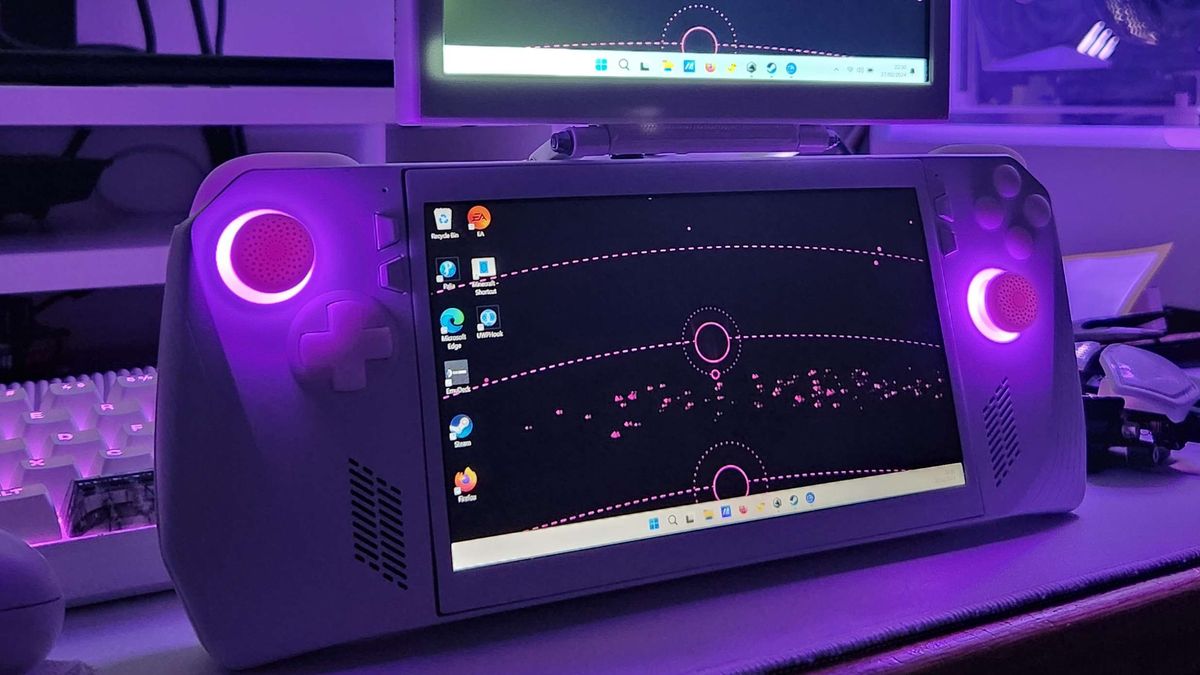Technology Is Transforming Rap Beef
Like a soap opera, you skip an episode and lose track of the story. For the past month, two of the most successful hip-hop artists of recent times—Kendrick Lamar and Drake—have been embroiled in a back-and-forth rap beef that reached new levels over the weekend as Lamar released “Meet the Grahams” and “Not Like Us,” and Drake dropped “The Heart Part 6.”
The conflict might be the most newsworthy music event of the first half of 2024, as both MCs voiced strong opinions about each other on the diss tracks, leading to secondary discussions fueled by fan hives, trolls, think pieces, and social media threads. And while the early exchanges might have only slightly piqued some listeners’ interest, the stakes went up following the release of Kendrick’s “Euphoria” last Tuesday. At that point, the beef became something bigger, evolving (or devolving) from the standard stuff of rap and into stormier waters. This includes accusations and exchanges around serious topics: racial authenticity, domestic violence, illegitimate fatherhood, moral posturing, grooming, hypocrisy, colorism, and even colonialism.
The conflict is now mature enough to warrant some larger reflection. Specifically, an examination of what this beef tells us about the marriage between hip-hop, conflict, and online culture.
No advertising campaign can generate the anticipation that rap beef creates, sometimes out of thin air. Whether we are enjoying it or not, we all wait for the next iteration. Through Drake and Kendrick Lamar, we are reminded of just how quickly public squabbles can seize attention—and the many ways that the ecology of digital space in 2024 can shape how these conflicts happen.
For one, artists now control the timing and pace of the releases. Unlike years past, when popular DJs often folded diss songs into radio sets, artists today can curate the release of these tracks, going directly to listeners via platforms like YouTube, Instagram, and X.
Second, the war on truth in the age of misinformation now renders fact-checking irrelevant; whatever someone accuses another artist of in a song might be true or false. Whether we believe it is mostly about whether we want to believe it, whether the message aligns with our preexisting views. And while dodgy accusations have always been true in beef raps, the speed through which falsehoods can spread today makes it easier for absurd claims to take on a life of their own.
Finally, there is the specter of fake songs, generated by artificial intelligence. This makes us double-clutch before clicking a link, as we scramble to debate the authenticity of what we’re about to hear. Saying someone employed ghostwriters used to be the most damning accusation in hip-hop. Today there are many more ways to fabricate a song, and fewer ways to tell the difference between us and the robots. This specifically came to the fore in April when Drake released “Taylor Made Freestyle,” a track that seemingly used an AI-generated version of Tupac Shakur’s voice. (The rapper removed the song after Shakur’s estate sent a cease-and-desist.)
Battle rap, whether it takes the form of in-person face-offs or is done via diss tracks, has always been one of hip-hop’s flagship sports, defined by banter between artists, often—but not necessarily—derogatory in tone. It has roots in “the dozens” and related relics in African American culture that thrive on spontaneity, humor, and wit (often at others’ expense). So while “battling” can be strictly done for the sake of competition, “beef” requires some degree of personal animus between the parties. What’s happening in 2024, as artists like Drake and Lamar trade bar(b)s via IG posts and YouTube clips, and their fans debate the merits on social media, marks a new era of rap beef.
Even this summary has some recency bias: Competitive poetry existed in parts of the world centuries before hip-hop did. Yet, there is something special about how conflict happens in hip-hop: Beef has driven some of the most popular songs ever made, and has been linked to real-world violence. It’s an issue that hip-hop reflects on for small windows (often following the loss of a popular figure, like after the deaths of Shakur and The Notorious B.I.G. in the mid-’90s), after which it returns to business as usual: Rappers A and B exchange taunts, maybe several times. Sometimes a winner is declared. Sometimes it doesn’t matter. Sometimes there is violence; sometimes there is formal peacemaking, like when Jay-Z and Nas ended their beef onstage during a show in 2005. Often, there is widespread attention: rinse, rap, repeat. In the digital world, the cycle moves at the speed of a click.


